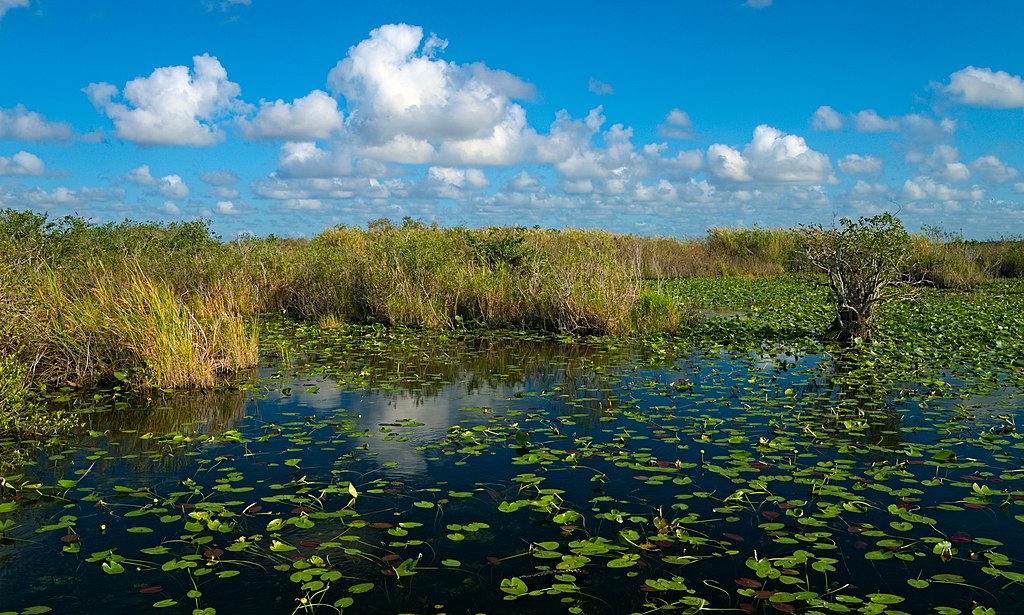President Donald Trump is expected on Tuesday, July 1, to inaugurate a controversial migrant detention center located in the heart of the Everglades, nicknamed “Alligator Alcatraz” for its remote and inhospitable location. The facility has sparked fierce criticism from human rights activists, tribal leaders, and environmental groups.
Trump will be joined by Homeland Security Secretary Kristi Noem, who personally invited him to the event. The center, rapidly installed at the former Dade-Collier airstrip, is part of the president’s well-known strategy: expanding detention facilities ahead of a new wave of deportations, a key promise of his campaign.
The move comes as no surprise, aligning with positions long held by Trump and Florida Governor Ron DeSantis, who seized the site in 2023 through an emergency order that bypassed the Miami-Dade County Council.
What’s raising particular concern, however, is the choice of location: the facility sits on a former airstrip surrounded by protected wetlands, in a critical habitat for the endangered Florida panther and other at-risk species. “This project is both an environmental threat and a moral violation”, said Eve Samples of Friends of the Florida Everglades, which has filed a legal challenge against the state.
Protests are mounting. On Saturday, dozens of demonstrators — including members of the Miccosukee Tribe, local residents, and activists — gathered at the site’s entrance. “This isn’t just about migrants. It’s about respect for this land”, shouted Betty Osceola of the Panther Clan, speaking through a megaphone.
For local tribal members, the center’s construction represents yet another chapter in a long history of dispossession. Mae’anna Osceola-Hart, a descendant of tribal leader Wild Bill Osceola, declared: “They took our sacred lands in the ’60s. Now they’re doing it again. And we’re still here, resisting”.
On the day of the inauguration, while cameras will follow Trump’s arrival, another protest is expected outside the gates. The tribes have made it clear they will not remain silent. “Some battles change their face”, said William “Popeye” Osceola, secretary of the Miccosukee Tribe. “But this is still the same fight: to protect our land, our identity, and our voice”.












